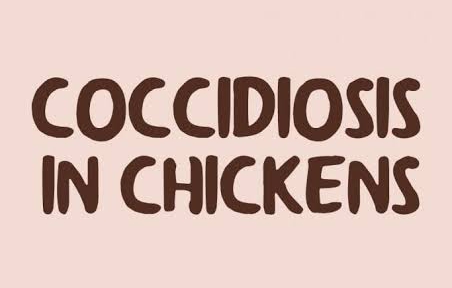WHAT IS COCCIDIOSIS?
Coccidiosis is an intestinal disease that occurs when a microscopic parasitic organism (called a protozoa) attaches itself to the intestinal lining of a chicken. It damages the tissue of the gut, causing bleeding (which can be evident in their droppings), prevents the chicken from absorbing nutrients and creates an environment in which bacteria can thrive. Basically, it is bad news for chickens. Younger chickens (under six months) are more at risk as they have not yet had time to develop their natural immunity, however adult birds can also become affected.
All chickens carry the coccidiosis organism in their bowels but only some will develop the disease. The disease starts with an unsporulated oocyst (a very simple analogy is to think of a microscopic egg), which is passed through a chicken’s droppings. An unsporulated oocyst can lay dormant in the soil for up to a year and doesn’t sporulate (become infectious) unless it gets the opportunity to sit for several days in wet and humid conditions, for example, in and around waterers and feeders that have not been cleaned properly.
When a chicken eats a sporulated oocyst, either through contaminated water and food or simply during its usual scratching around in the earth, the digestive acids of the chicken’s intestines will break down the hard protective layer of the oocyst. The oocyst will hatch and invade the cell lining in the small intestine. The parasite goes through several life stages, multiplying inside the chicken and at each stage rupturing more cells within the bowel, resulting in ulceration.
The coccidia oocyst will be expelled in the chicken’s poop and can then go on to cause infection to your other hens if they eat it.
There are several different strains of the parasite, some are more damaging than others, but you don’t need to know which species is causing the disease to treat it. In some cases, it may be several species of the parasite working together to cause coccidiosis.
Connect with other farmers and get yourself updated by clicking Here to join our WhatsApp group

